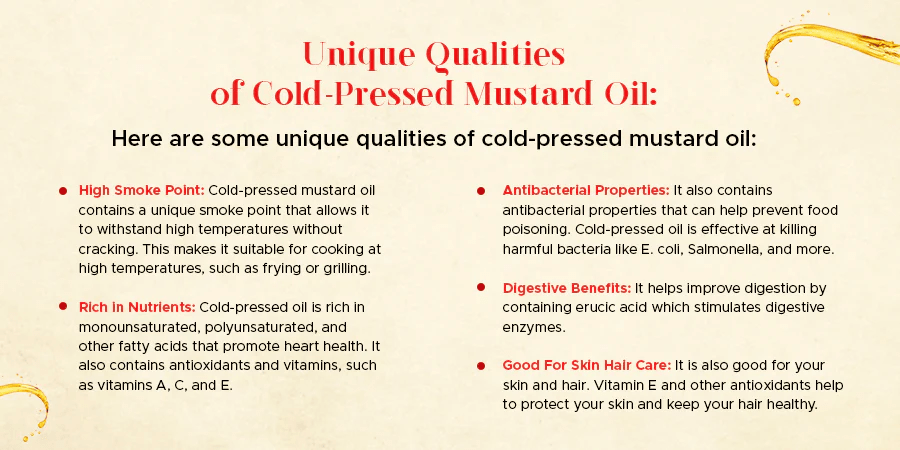
News & Stories
Going Back to Our Roots

The story of human civilization began with agriculture about 12,000 years ago. Our hunter-gatherer ancestors began farming to build permanent settlements and secure a reliable food supply, thus planting the seeds of society. Since then, human beings, or Homo sapiens, have evolved in countless ways, but the basic act of eating remains unchanged.
The Evolution of Food Consumption
In the early days, it was easier to ensure we were treating our bodies right. The produce came It was, though, easier to ensure we were treating our bodies right in the early days. The produce came straight from our backyard or the local market, bursting with freshness and flavor. Now as we walk through the frozen aisles at supermarkets, it is hard to find faith in the quality of the food we buy. It feels like a mental battle: you must sift through shelves of processed food with flashy packaging and tempting discount offers to make the pick that will do justice to your body.
Hidden Hunger: The Cost of Convenience in Modern Eating
Understandably, products that are mass-produced through cheap labor, infusion of harmful chemicals and preserved artificially are also the cheapest, flashiest and most accessible. It’s easy to pick colorful snacks that satiate our cravings, but they are also the reason to why we now experience “hidden hunger” i.e., when our calorie needs are met but our body does not get enough nutrition. Chemical fertilizers and GMOs have ensured higher yields and longer shelf lives by compromising on the hygiene and nutrient density of our everyday food. We have more abundance of calories than ever before yet we are getting sicker.
The Crossroad Between Convenience and Quality
So, we stand at a crossroads between convenience and quality and ask ourselves: Are we at a point of no return? Fortunately, that is not the case. We can start small, by incorporating the best quality of the most basic components of our everyday diet. Rice, a staple in our local cuisine, is best consumed in its whole-grain form. Whole grain rice, such as brown or black rice, contains more fiber, vitamins, and minerals than its white counterpart. According to a Harvard article, whole grains can help improve cholesterol levels and lower the risk of heart disease, obesity, and type 2 diabetes. Besides, buying seasonal fruit and vegetables is always an easy way to ensure you are consuming fresh food. (Robinson et. al, 2024)

The Importance of Healthy Fats
When it comes to fats, we tend to hold an evil notion. But our bodies need fat just as much as any other nutrient. Instead of cutting out fat from our diets entirely, we need to opt for healthy fats. For example, we can switch out more refined oils for the traditional mustard oil. Cold-pressed mustard oil contains antioxidants, vitamins A, C, E and anti-inflammatory properties, which boosts immunity. It is rich in monounsaturated and polyunsaturated fatty acids, which are beneficial for heart health. (Nayesha Oil Mills, n.d.) Ghee, a glorious part of our cuisine, is now often overlooked owing to the infusion of butter and refined oils in the market despite offering benefits that the latter cannot provide. High-quality ghee, usually made from the milk of grass-fed cows, contains higher levels of vitamins A, E, and K2, which are essential for vision, immune function, and bone health. (Singh, R. B., et al., 2016) It is also a healthier choice for cooking, due to ghee’s high smoke point (around 252°C) which prevents the formation of harmful free radicals at high temperatures. (Sacks, F. M., et al., 2017) But it is important to choose premium ghee; buying ghee of unknown brands can backfire as it is sometimes adulterated with additives like vegetable oils, margarine and even non-edible mineral oils, which can have dire consequences on health.

The Role of Premium Food Products in Sustainable Agriculture
What we put in our body is perhaps the most crucial factor in determining our health. And opting for premium food products is not just important for better health, it also plays an important role in supporting sustainable agricultural practices. High-quality, organic food grains are produced in ways that reduce the use of harmful chemicals, conserve water, and preserve the agricultural diversity essential for future generations. They support local farming communities by providing higher income potential for farmers, thereby supporting the local economies, and ensuring that farming methods remain sustainable. (Crowder et. al, 2015)
The Psychological Barrier to Healthy Eating
In all honesty, human psychology is the bigger threat to public health than is the feasibility of sustainable agriculture. We are prone to settling for the cheapest and easily available alternatives. Since farming for premium goods typically has strict hygiene codes and does not rely heavily on chemicals for mass production, such food items become costlier when they hit stores. But you can’t put a price on health, and it is still possible to incorporate healthy food into your diet without too big of a dent on your wallet.
Cooking as an Act of Love
It’s famously said that cooking is an act of love. To cook is to ensure sustenance, to eat is to live. Choosing premium food products is a conscious step taken in the right direction for our bodies and our earth. And people have surely started to realize the importance of hygienic food habits. Healthy eating is a staple component of the wellness industry which was valued at $4.2 trillion in 2017 (Williams, 2022). And with increasing public health and environmental concerns, the boom of premium food grains is likely to get bigger. It’s high time the rest of us boarded the train.
References
- Crowder, D. W., & Reganold, J. P. (2015). Financial competitiveness of organic agriculture on a global scale. Proceedings of the National Academy of Sciences, 112(24), 7611-7616. [https://doi.org/10.1073/pnas.1423674112]
- Nayesha Oil Mills. (n.d.). Discovering the benefits of cold-pressed mustard oil. Nayesha Mills. [https://nayeshamills.com/blogs/news/discovering-the-benefits-of-cold-pressed-mustard-oil]
- Harvard T.H. Chan School of Public Health. (n.d.). The Nutrition Source: Whole Grains. [https://www.hsph.harvard.edu/nutritionsource/what-should-you-eat/whole-grains/]
- Singh, R. B., et al. (2016). The influence of diet on the use of ghee: health implications in rural populations. Journal of the American College of Nutrition, 35(5), 399-407.
- Robinson, L & Segal, J. (2024). Organic Foods: What You Need to Know. HelpGuide.org. [https://www.helpguide.org/articles/healthy-eating/organic-foods.htm]
- Williams, Dr. Nicola. (2022, July 11). How has the Wellness Industry Changed over the Last Decade?. News-Medical. [https://www.news-medical.net/health/How-has-the-Wellness-Industry-Changed- over-the-Last-Decade.aspx]

